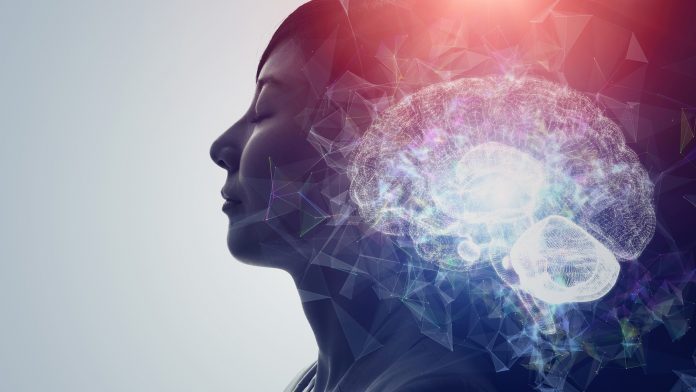
A new study from the Netherlands Institute for Neuroscience has examined the effects of dopamine after aversive and unpleasant events.
The effects of dopamine on motivation, learning and movement are well known. One of the key functions of dopamine is to help the brain predict the occurrence of rewarding experiences and the availability of rewards in our environment.
The effects of dopamine neurons become stronger when a reward occurs unexpectedly or if it is bigger than expected. The same neurons show depressed activity when people receive less reward than predicted. Such error signals help people learn from mistakes and teach them how to find rewarding experiences.
Many previous studies have focused on the relationship between dopamine release and rewarding stimuli. However, not many studies have investigated the effect of unpleasant and aversive stimuli on dopamine production.
Research on the effects of dopamine has been inconsistent
Few experiments on the effects of dopamine after aversive stimuli have produced consistent results, but it has become clear that such stimuli do have an effect. There is an active debate among neuroscientists on the precise role dopamine neurons plays in processing aversive stimuli. Debate centres around whether the effects of dopamine change in response to aversive events and whether the brain’s dopamine system can predict these events.
The study examined how the dopamine system processes aversive events. The research team, led by PhD student Jessica Goedhoop and group leader Ingo Willuhn, exposed rats to white noise, which is known to be an unpleasant auditory stimulus for rats. The rats were also exposed to stimuli that predicted the white noise. During this exposure, the researchers measured the release of dopamine in the brain.
Aversive stimuli inhibit dopamine production
The team observed that the release of dopamine gradually decreased during exposure to white noise. As well as this, stimuli that occurred a few seconds before white noise exposure began to show depressing effects on dopamine production after the consistent presentation.
However, dopamine did not encode any prediction error for aversive stimuli, which contrasts the rewarding process. The study demonstrated that the dopamine system can help the brain anticipate the occurrence and duration of unpleasant events but cannot take prediction errors into account.
‘This is a very thorough and systematic study that takes a lot of variables into account. The results give us a better understanding of the role of dopamine release in processing aversive events. There is a growing interest in the role of dopamine in aversion. We used a novel aversive stimulus that enabled us to conduct a more thorough analysis of dopamine than previously possible,” said Willuhn.
The researcher’s highlighted that addictive drugs can disrupt and amplify dopamine signals, causing the effects of dopamine on neuronal plasticity to become exaggerated and uncontrollable. The team say their findings will bring them closer to understanding the underlying mechanism behind this pathological phenomenon.
























